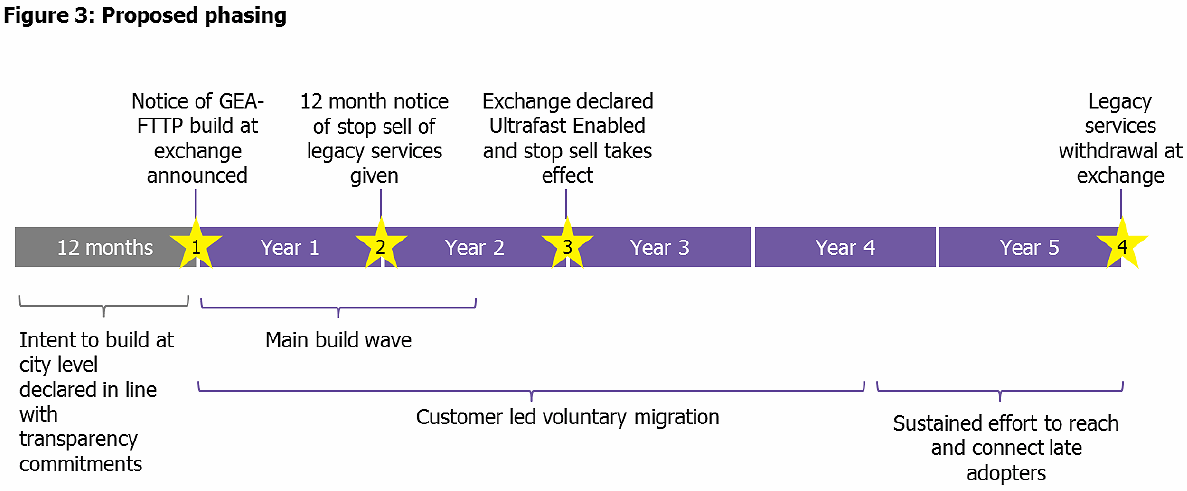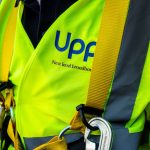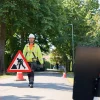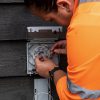Openreach to Trial FTTP Exchange Upgrade Process and Digital Voice
Openreach (BT) has announced two new UK technology trials (i.e. an FTTP Exchange Upgrade process and Digital Voice services) for premises in Salisbury (Wiltshire) and Mildenhall (Suffolk), which forms part of their wider efforts to move toward an All-IP and national “full fibre” broadband ISP network.
As most people know Openreach currently aims to cover 4 million UK homes and businesses with Fibre-to-the-Premises (FTTP) ultrafast broadband by March 2021 (1.3 million have already been completed) and there’s an ambition for 15 million by around 2025. After that they also have an aspiration to reach “the majority of the UK, if the right conditions to invest are in place.”
On top of that they’re also in the process of preparing to move their older telecoms network to an entirely Internet Protocol (IP) based platform, which among other things is a necessary prerequisite before they can shift old analogue telephone (voice) services to VoIP and eventually even remove their old copper lines.
Advertisement
Openreach has already been laying the groundwork for a lot of this over the past few years (e.g. SOGEA / SoG.Fast / SoADSL for hybrid fibre FTTC, G.fast and copper ADSL broadband lines) but now they’re moving on to the next stage of that process.
The Two New Openreach Trials
The first trial in Mildenhall will focus on the move from analogue telephony to digital voice services (VoIP). Apparently Mildenhall is a good location for this because it represents a “typical exchange area that’s highly representative of others across the UK in terms of geography, the range of CPs offering Openreach services and its mix of businesses and consumers.” In terms of ISPs, BT has a related trial (here) and others will follow.
The trial will help them to prepare the industry for the upgrade to Voice Over IP technology and the withdrawal of wholesale products and services that run over the traditional telephone network, which is due to close in 2025. Some potential advantages of a VoIP service are cheaper calls, HD voice quality and more portable phone numbers (i.e. easier to migrate when changing ISP and can be used on different devices etc.).
The second trial in Salisbury is more interesting because it will mark Openreach’s first real-world test of an exchange based upgrade process for FTTP, which reflects the proposals of their March 2019 consultation (here). In short, Openreach proposed a process for moving from copper to FTTP lines once 75% of premises in an exchange are able to receive an “ultrafast” 100Mbps+ broadband service (target for this is 24 months after roll-out starts and copper switch-off might then occur c.3 years after / on top of that).
Advertisement

Under the plan such a process could start with a “no move back” policy for premises connected with FTTP, followed by a “stop-sell” of copper services to new customers and ultimately full withdrawal. We note that “ultrafast” coverage will be measured via all of G.fast, FTTP and possibly even “Vectored VDSL” (at present VDSL / FTTC only goes up to 80Mbps on their platform).
As we predicted before, Salisbury is a perfect candidate for testing how this will work because Openreach has pledged to complete their £8m FTTP deployment to all 20,000 premises across the cathedral city by April 2020 (here).
Richard Allwood, Openreach’s Chief Strategy Officer, said:
“We welcome the wide range of Communications providers who have already been working with us through our previous FTTP consultations and we’ve taken on-board a lot of valuable feedback already. These trials are the natural next step on our journey to help the Government deliver a future proofed, fully fibred UK. We’re going to continue working closely and openly across the industry and we’re determined to make the upgrade to FTTP as smooth and seamless and beneficial as possible for every customer.”
It’s important to stress that this will be a major change for Openreach and their ISPs. Moving consumers to the new platform will take a lot of planning and care, with a desire to encourage voluntary rather than forced migrations. A lot of modern services and regulation is still based around copper infrastructure and this will have to be overhauled.
Advertisement
Likewise not all customers will be happy to move on to a more expensive FTTP platform, although that stage will only come a lot further down the road when copper is finally due to be switched off (a cheaper 40Mbps FTTP option may be offered to encourage older ADSL2+ broadband users).
A consultation will now run until 31 July 2019, after which Openreach will confirm the trial details and timescales with industry, with a view to launch in October 2019.
Responses to OR’s March 2019 consultation saw the following views:
– A belief that the large majority of customer upgrades should be voluntary.
– An agreement that the roll out should be done area-by-area, exchange by exchange.
– A desire from CPs to have more input into how we select areas to upgrade.
– An understanding that trials are a necessary next step.
– A joint vision that we should develop a customer charter – using our engagement with customers in the trial areas to develop a clear set of commitments to protect them through the upgrade process.
Mark is a professional technology writer, IT consultant and computer engineer from Dorset (England), he also founded ISPreview in 1999 and enjoys analysing the latest telecoms and broadband developments. Find me on X (Twitter), Mastodon, Facebook, BlueSky, Threads.net and Linkedin.
« Ookla Sees UK Fall in Global Rank for Mobile and Broadband Speeds
Three UK Starts Ultrafast 5G Home Broadband Trial in London »

















































Comments are closed